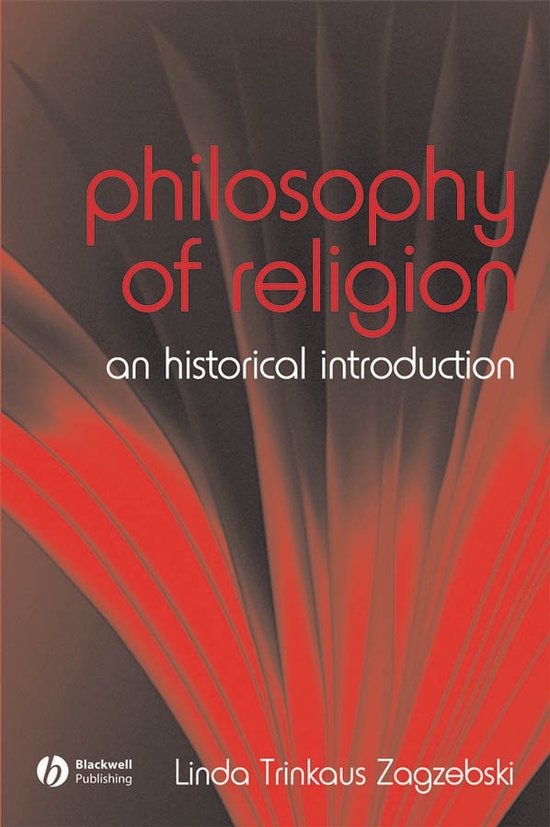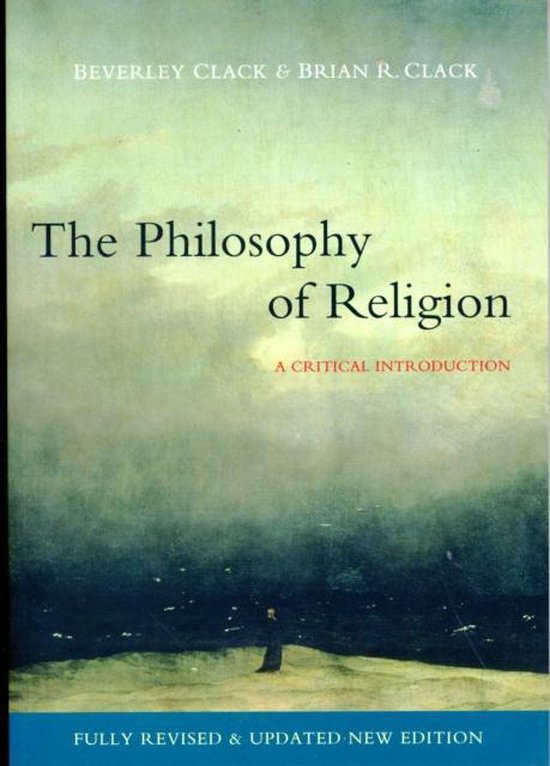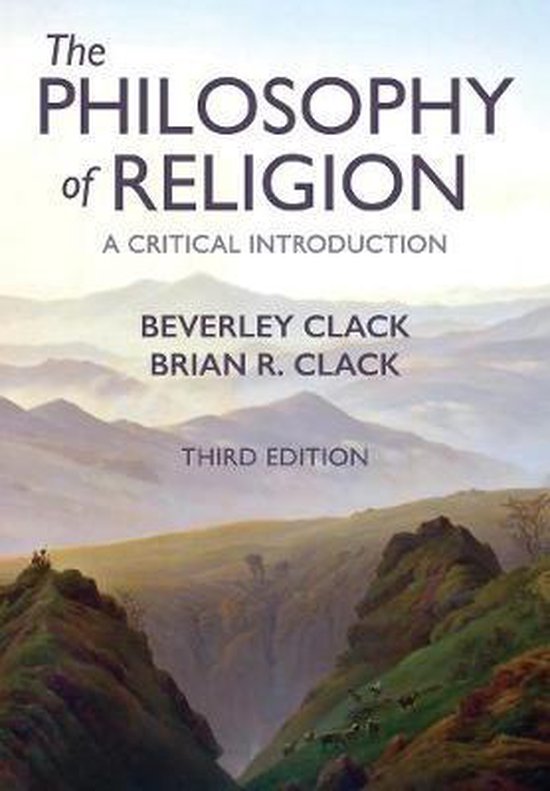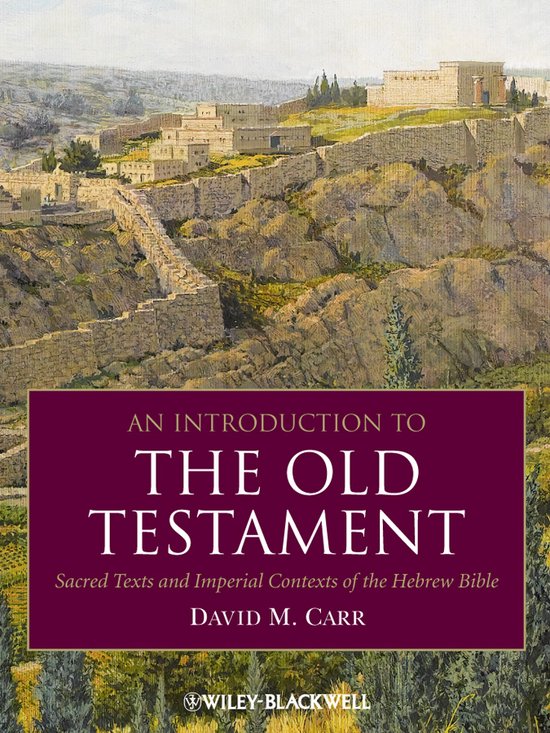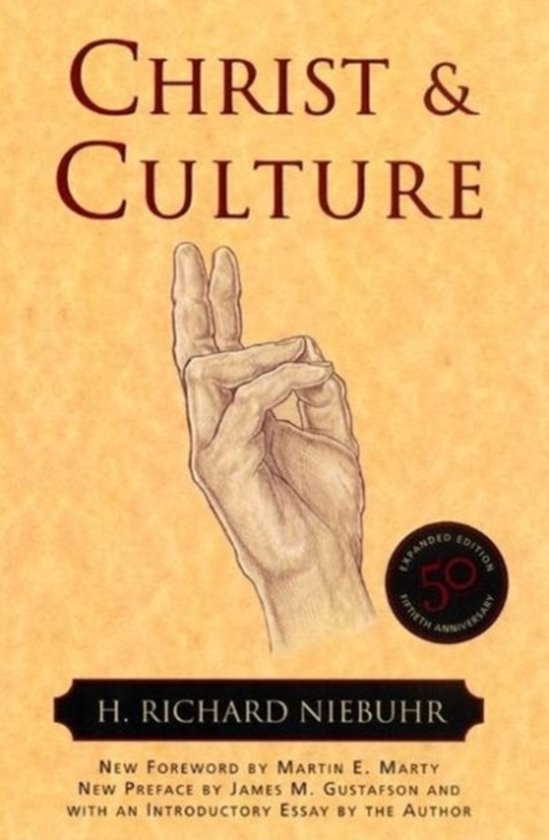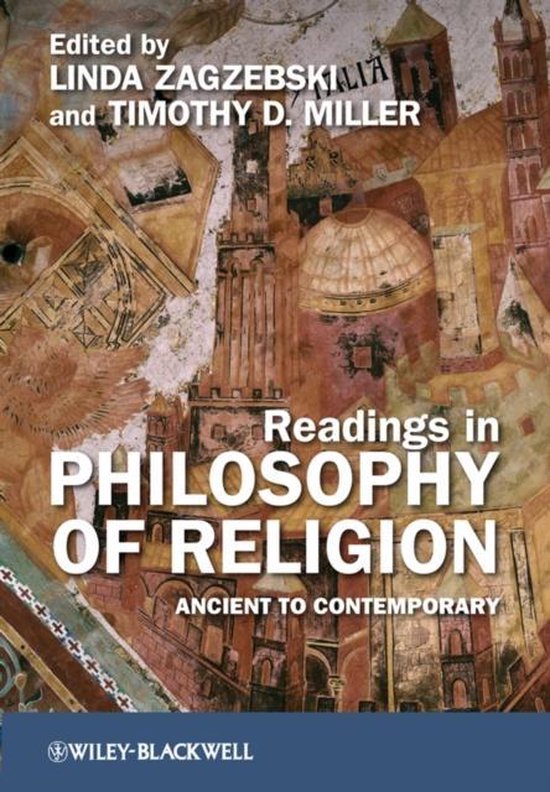
Readings in Philosophy of Religion
"What distinguishes this anthology from others is editors trained in modern philosophy and adept at its strategies, who have come to learn from classical traditions as well, to reflect that breadth and depth in their selections. Their ability to range from 'ancient to contemporary' will enlighten current students, as will their adroit way of introducing the various topics in philosophical inquiry into questions of faith."
—David Burrell, C.S.C, University of Notre Dame
"A well-crafted collection that admirably represents the central issues in philosophy of religion. Miller and Zagzebski provide a deep, persuasive yet readable treatment of the subject. I enthusiastically recommend it."
—J. P. Moreland, Talbot School of Theology, Biola University
This anthology offers a comprehensive historical introduction to the central questions of philosophy of religion. Approximately two-thirds of the selections are from ancient, medieval, and modern sources, helping students to understand and engage the rich traditions of reflection on these timeless questions. The remaining contemporary readings introduce students to the more recent developments in the field. Each of the thematically arranged sections begins with an editor’s introduction to clarify the central issues and positions presented in the readings that follow.
Topics include:
- traditional theistic arguments
- religious experience and revelation
- fideism
- naturalistic approaches to religious belief
- the divine attributes
- fate, freedom, and foreknowledge
- the connection between religion and morality
- the problem of evil
- death and immortality
- religious diversity
- faith, reason, and the ethics of belief
- science and religion
The text can be used alone or in conjunction with a secondary text in philosophy of religion such as Zagzebski’s Philosophy of Religion: An Historical Introduction (Wiley-Blackwell, 2007).
This anthology offers a comprehensive historical introduction to the central questions of philosophy of religion. Approximately two-thirds of the selections are from ancient, medieval, and modern sources, helping students to understand and engage the rich traditions of reflection on these timeless questions. The remaining contemporary readings introduce students to the more recent developments in the field. Each of the thematically arranged sections begins with an editor's introduction to clarify the central issues and positions presented in the readings that follow.
Topics include:
- traditional theistic arguments
- religious experience and revelation
- fideism
- naturalistic approaches to religious belief
- the divine attributes
- fate, freedom, and foreknowledge
- the connection between religion and morality
- the problem of evil
- death and immortality
- religious diversity
- faith, reason, and the ethics of belief
- science and religion.
The text can be used alone or in conjunction with a secondary text in philosophy of religion such as Zagzebski's Philosophy of Religion: An Historical Introduction (Blackwell, 2007).
| Auteur | | Linda Zagzebski |
| Taal | | Engels |
| Type | | Paperback |
| Categorie | | Religie, Spiritualiteit & Filosofie |
